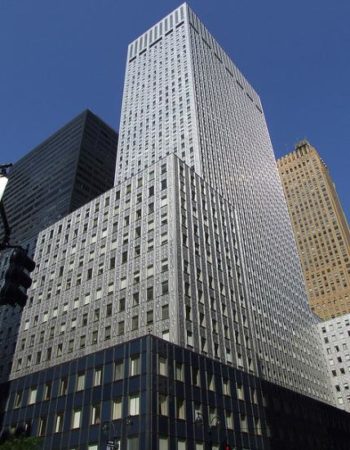Enforceability of Arbitration Agreements and Finality of Awards
Both the state and federal courts sitting in New York manifest the highest respect for the decision of the parties to submit their disputes to arbitration. The New York Court of Appeals has repeatedly emphasized “the long and strong public policy in favor of arbitration,” and reiterated that “New York courts interfere as little as possible with the freedom of consenting parties to submit disputes to arbitration.” The U.S. Supreme Court has been equally steadfast in asserting the federal policy in favor of arbitration, applicable where the parties have agreed to arbitration in all disputes arising from transactions linked to interstate or foreign commerce.
New York courts favor the enforcement of arbitration awards and construe the limited grounds for vacatur narrowly, consistent with international practice.
The standards for challenging international arbitration awards rendered in the United States are set forth in the Federal Arbitration Act and generally track the grounds for non-recognition of arbitral awards set forth in the New York Convention. The grounds are: (1) the award was procured by corruption, fraud, or undue means; (2) there was evident partiality or corruption by the arbitrators; (3) the arbitrators were guilty of misconduct in refusing to hear evidence pertinent and material to the controversy or of any other misbehavior by which the rights of any party have been prejudiced; or (4) the arbitrators exceeded their powers, or so imperfectly executed them that a mutual, final, and definite award upon the subject matter submitted was not made.
The United States Supreme Court has held that these statutory standards for the set aside of arbitral awards are exclusive. While the law is unsettled as to the continued viability or effect of a judicially-created ground for vacatur, “manifest disregard for the law,” its application is exceedingly rare, and few, if any, New York Convention awards have ever been vacated on this ground. For more information, read the New York City Bar Association’s report on The “Manifest Disregard of Law” Doctrine and International Arbitration in New York.
With respect to the enforcement of awards rendered elsewhere, the United States is party to both the New York Convention and the Panama Convention. Pursuant to the New York Convention, which has been enacted as Chapter 2 of the Federal Arbitration Act, arbitral awards issued in any of the 144 countries that have ratified the treaty can be enforced in the United States. The Panama Convention, which has been enacted as Chapter 3 of the Federal Arbitration Act, 9 U.S.C. 301, et seq., provides similar protection for awards issued in any of the 19 signatory nations in Latin America. New York courts narrowly construe the grounds for non-recognition of arbitral awards set forth in the New York and Panama Conventions, and generally enforce such awards.
